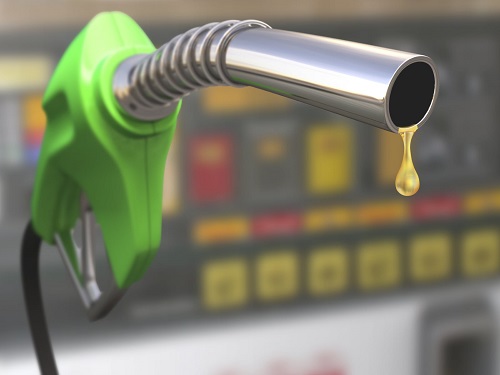Every vehicle owner is getting more concerned about the fuel as the prices of the fuels are getting higher day by day. The lofting prices of petrol and diesel are forcing people and automotive companies to look for various other alternatives to fuel. Therefore, until any alternative becomes effective and exists as the mainstream fuel alternate, it is very important to look for measures that can help in increasing the gas mileage of the car.
Increasing fuel economy is not only helpful for saving money but it also benefits the environment by limiting the release of emissions into the air. Although there are many methods to improve gas mileage when we drive, people are generally unfamiliar and don’t know exactly how can they improve the gas mileage. Here we have mentioned some of the major ways to improve the car’s gas mileage which will not only save your pocket but will also save the environment.
Let’s have a sneak peek of these major ways:
Limit the weight
You must be wondering how come excess weight can harm the gas mileage. But, you will be astonished to know that carrying heavy loads can adversely affect the working of the front wheels. It will become very hard for the front wheels to perform well with heavyweight which could ultimately result in the reduction of the gas mileage. Therefore, it is better to limit the weight in order to improve gas mileage.
Change spark plugs or air filters
We all know that maintaining your car is very important. thus, it is suggested to while the routine auto check-up, you must consider top alter the spark plugs or air filters to drive smoothly and safely. This will also lessen the fuel emission and help the engine to burn efficiently. You can also rely on professional car maintenance in Brampton for replacing your spark plugs, which offers a quality of work at a minimal cost.
Drive below or at the speed limit
Did you know that high speed kills gas mileage the most? Most of the vehicles do not burn gas efficiently above 60mph. Driving at slow speed helps the gas to burn efficiently and also keeps the engine smooth for a longer period. It is always advised by the automotive centers to drive at a slow speed as not all cars are built for the F1 race.
Inflate the tires to accurate pressure
While you make a routine car check-up to the service station, never forget to inflate the tires to the recommended air pressure in the owner’s manual. As the low inflated tires can affect the engine to use more gas and can reduce the gas mileage of the vehicle. Even if you can’t find the under-inflation of the tires with your naked eyes, it is always a good move to check for the tire pressure to reduce any kind of uncertainty.
Stick to the recommended motor oil
Motor oil helps in the easy movement of the engine. And using a motor oil other than that of the recommended one can definitely cause a negative effect on the engine. This is why it is always suggested to use the motor oil for your car’s engine which is recommended. using a heavier motor oil than of the recommended will make your fuel burn more and thus it will affect in the reduction of the gas mileage.
Make sure that gas cap is fully sealed
It is common to experience a breakdown of the gas cap after driving the car for many years. The brakeage allows air to enter the tank and causes excess burning of the engine. Therefore, to avoid this situation, you must make sure that the gas cap is properly sealed and that there is no breakage in it. If there is any breakage, you must replace the gas cap to avoid excess burning of the gas mileage.
Conclusion
In order to improve the gas mileage, you must consider the above-mentioned tips which will limit the excess burning of the gas. Other than following these simple and easy steps, it is also important to keep a regular check of your car and maintain it properly to increase the durability of the car. Taking help from experts just like Harrad Auto Services is one of the easiest ways to maintain your vehicle. They offer world-class car repair services in Brampton without compromising the quality and at an affordable cost.
